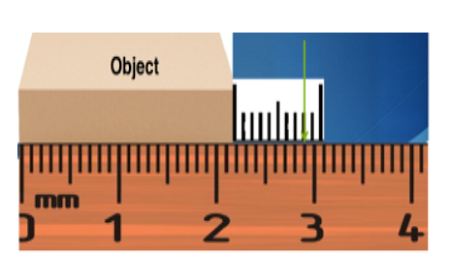


Indian Journal of Science and Technology
Year: 2022, Volume: 15, Issue: 25, Pages: 1234-1243
Original Article
Pankaj Tyagi1*
1Professor, Cluster Innovation Centre, University of Delhi, 110007, Delhi, India
*Corresponding Author
Email: [email protected]
Received Date:05 April 2022, Accepted Date:09 May 2022, Published Date:09 July 2022
Objectives: India’s National Education Policy 2020 has a mandate to nurture the excellence of gifted students. Mentoring of gifted is the most important aspect of this program. This article reports innovative science pedagogical practices developed for mentoring potentially gifted students in the Indian educational school setup. Methods: For mentoring, DIMP (Developmental Identification and Mentoring Program) tools were used to identify the potentially gifted students from various parts of India. The students were from age group 11-15 years corresponding to class sixth to tenth. In workshop mode, more than ten mentoring sessions following innovative science practices were organized at the University of Delhi with around 50 participants in each session. These innovative science practices were also discussed with teachers during their orientation programs. Findings: Gifted students show unmatched interest and capabilities in a particular subject. These students can do wonders if their talent is discovered at an early stage and nurtured well. The pedagogical needs of gifted students are very different and have to be tackled differently. Mentoring such students is a challenging task. As the gifted children are keen observers, exceptionally curious, very focused and highly imaginative, their pedagogical needs cannot be met with regular and usually practised mentoring methods. This article reports four innovative science pedagogical practices implemented for mentoring potentially gifted students. These pedagogical innovations helped in generating academic interest and curiosity for new and independent learning among students. If every teacher during his tenure of teaching develops one or two or more such innovative pedagogical methodologies a compilation of these can act as a good resource for mentoring gifted students. Novelty: The innovative mentoring practices provided gifted students with the opportunities to reflect on their ideas, brush up on their analytical skills, strengthen their critical and creative thinking capacities, and demonstrate initiatives.
Keywords: Gifted students; Pedagogical Innovations; Mentoring; Mentoring practices; Hands-on learning
© 2022 Tyagi. This is an open-access article distributed under the terms of the Creative Commons Attribution License, which permits unrestricted use, distribution, and reproduction in any medium, provided the original author and source are credited.
Published By Indian Society for Education and Environment (iSee)
Subscribe now for latest articles and news.